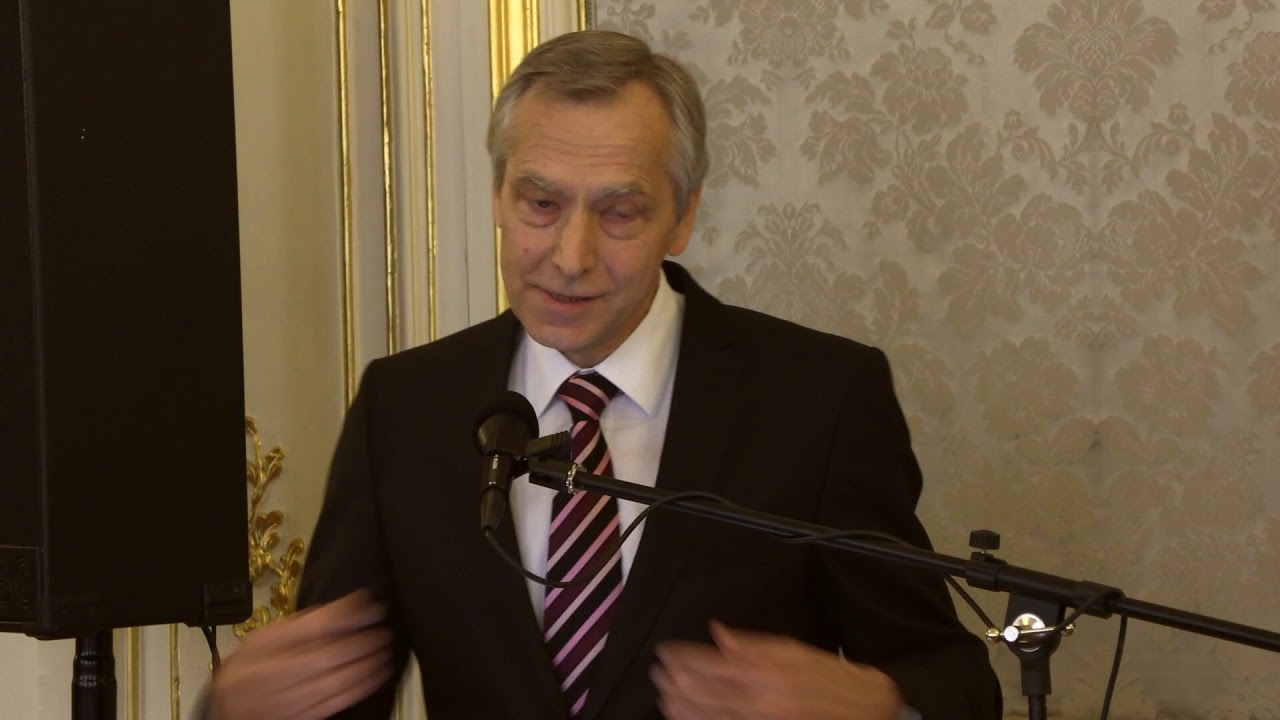Category: English
-
Asia Bibi pleads for justice for victims of Pakistan’s harsh blasphemy laws as she plans to set
As Asia Bibi sits free at last in a secret location in Canada, the Pakistani Christian woman who spent years on death row after a false blasphemy charge thinks of those left behind still facing the same ordeal. Nearly four months after the 54-year-old finally left Pakistan following a miscarriage of justice that caused worldwide
-
DG DEVCO Seminar HUDIRE, June 2019, on Human Dignity and Religion
#HUDIRE Human Dignity & Religions: Valuing rights through religious studies. BRUSSELS, JUNE 15–16 2019. Organized by The Foundation for religious studies (Fscire, Italy) and the UNESCO Chair in Religious Pluralism and Peace (Italy), together with the Adyan Foundation for Diversity, Solidarity and Human Dignity (Lebanon).
-
Plenary Discussion on Christian Persecution Presentation by EU Special Envoy Jan Figel
HIGH-LEVEL PLENARY DISCUSSION ON PERSECUTION OF CHRISTIANS hosted by H. E. Dr. Andor Nagy, Ambassador of Hungary in the Republic of Austria and MMag. Dr. Gudrun Kugler, Member of the Austrian Parliament, Speaker of Human Rights for ÖVP-Parliamentary Group Monday, 27th May 2019, at 18.00 at the Embassy of Hungary (Bankgasse 6, 1010 Vienna). The
-
Freedom of religion or belief is a litmus test of civil and political rights
Recent bloody attack in two mosques in Christchurch, New Zealand with 50 dead and over 50 injured was a reminder to the world that religious minorities are objects of attacks and persecution worldwide. These attacks are either sudden, fanatical and demonstrative or long-term and systematic. Their source is either racial or religious hatred by diverse
-
‘Dignity is the foundational principle of all human rights’ – an interview with Ján Figel
Ján Figel is the EU’s Special Envoy for Promotion of Freedom of Religion outside the EU, appointed by the President of the European Commission, Jean-Claude Juncker in 2016. New Europe asked him about the progress made, and what lies ahead for freedom of religion and belief: New Europe: You have served as the EU Special
-
EU’s religious freedom envoy wants Europe to do more to protect minorities
The EU’s special envoy for religious freedom, Jan Figel, believes that Europe needs to “face up” to the numerous cases of discrimination that occur against religious minorities within its own borders. Speaking at a high-level conference in Brussels, Figel said the upcoming European elections in May was a perfect opportunity to raise awareness of the
-
Papal visit to UAE is a ‘breakthrough,’ says EU envoy
Vatican City, Feb 1, 2019 / 12:00 pm (CNA).- The first ever papal visit to the Arab Gulf marks a “historical breakthrough” according to the European Union’s religious freedom envoy. Pope Francis will travel to the United Arab Emirates to attend the Global Conference of Human Fraternity, which begins February 3. Jan Figel, the EU
-
‘Indifference, ignorance and fear are the worst enemies of religious freedom’
“I encourage companies, businesses, to promote religious freedom and diversity at the workplace”, says the EU Special Envoy for the promotion of Freedom of Religion or Belief. BRUSSELS · 18 DECEMBER 2018 · 11:20 CET Ján Figel, the Special Envoy for the promotion of Freedom of Religion or Belief outside the European Union. / Don
-
Demand grows to beef up EU’s religious freedom envoy
The fragile status of the EU’s special envoy on religious freedom is an unlikely topic of conjecture in the months leading up to next May’s European elections. On 6 December, European Parliament members called on the European Commission and EU member states to ‘institutionalise’ the special envoy’s mandate in a report drafted by Polish centre-right
-
EU Special Envoy for religious freedom should get a stronger mandate
“There is evidently higher awareness of importance of religious freedom. Special political positions, diplomatic agendas and supportive projects devoted to the situation of religious or belief minorities have been established during the last years in Denmark, Germany, United Kingdom, Hungary, Poland, Italy. There was the first ever Ministerial Summit on Advancement of Religious Freedom organized








